No products in the cart.
How free play helps nurture happy and healthy kids
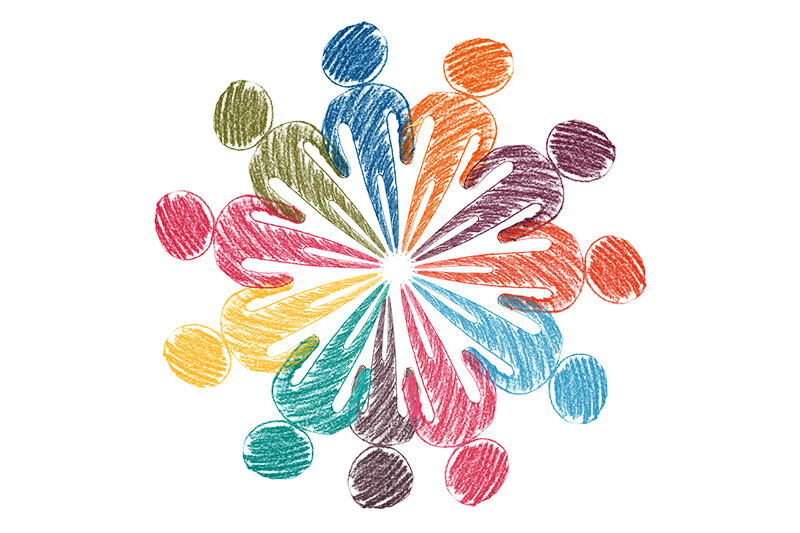 Against the backdrop of the ever-increasing pace of life for the adults and increasingly over-scheduled kids, ‘free play’ for children has become an important subject of discourse among parents and educators. According to the experts, free play allows children to develop their imagination, and explore and experience the world around them by way of fun.
Against the backdrop of the ever-increasing pace of life for the adults and increasingly over-scheduled kids, ‘free play’ for children has become an important subject of discourse among parents and educators. According to the experts, free play allows children to develop their imagination, and explore and experience the world around them by way of fun.
Free play helps children build their gross motor and critical life skills and also helps them in maintaining emotional and mental health well-being. Hence, educational institutions and parents should ensure kids have free time to invent a game or indulge their imagination. Infact play is so important to optimal child development that it’s been recognised by the United Nations as a basic right of every child. We bring to you ten benefits of free play for the kids.
Free play promotes personal, social and emotional development
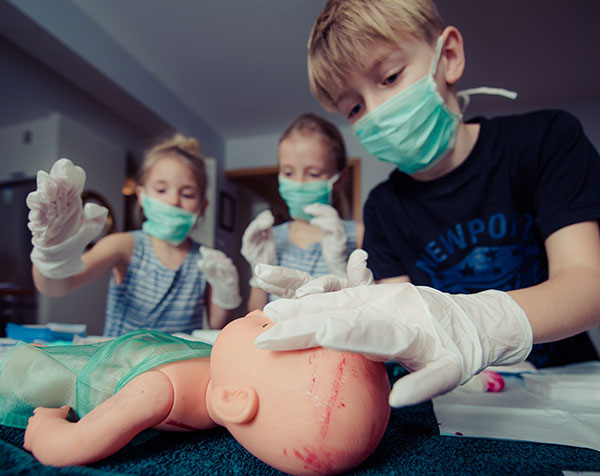
Free play helps kids explore and learn about the society and their surroundings. In fact, during free play the kids can play the games of family life, dressing up to school, going to hospital, which will help them express themselves in a better manner and also help them to relate and correlate with their peers and express their emotions. This helps promote personal, social and emotional development.
Free play promotes cognitive development
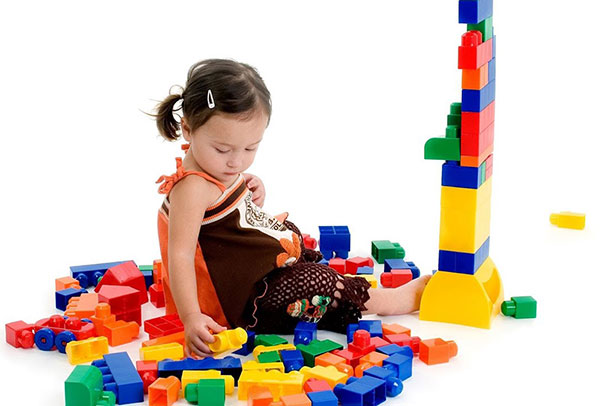
It is believed by the experts that children learn to dissect or resolve the problems by themselves through free play. During free play, their creativity and imagination is stimulated, helping them develop thinking skills, while also inventing interesting and different ways of resolving situations. Hence free play helps in cognitive development. It can also meet their multi-sensory needs and can give them love for the outdoors.
Free play offers good exercise
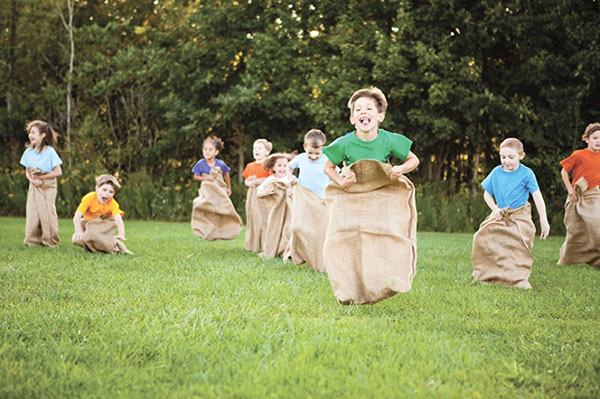
During free play, children move around a lot using different parts of their body, ensuring a good exercise. Physical movements help them gain physical strength and stamina and thereby help develop their gross motor skills.
Improves child’s language/vocabulary
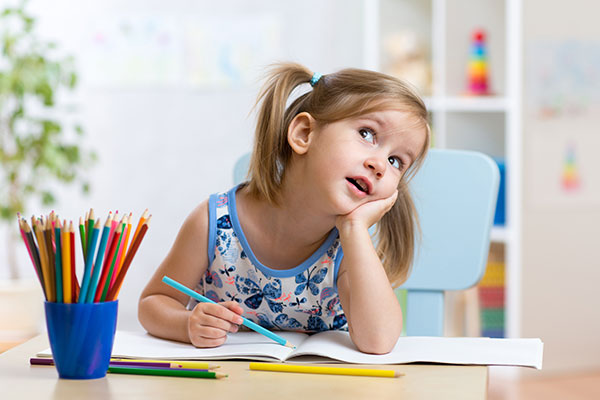
In free play, children tend to play and communicate with each other and hence in the process end up teaching and learning from one another. Many new words, phrases or ways of expressing things are learnt from peers. Hence free play becomes a great practice for language learning skills and also developing understanding of words and their meanings.
Understand other cultures
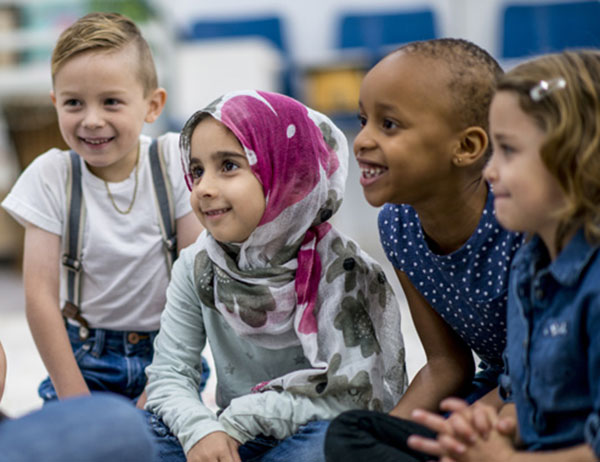
Children could hail from various backgrounds in terms of cultural and ethnic diversities. In diverse communities, through free play, understanding other cultures becomes a great learning exercise. Children will have opportunities to both share their own traditions and explore those of others. When children are able to do that naturally, respect and appreciation for other cultures will grow in them.
Builds creativity
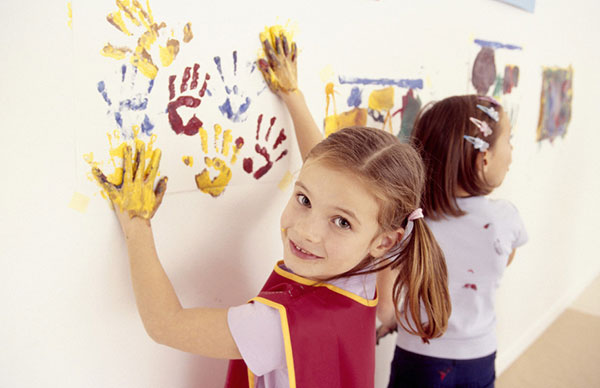
It so happens that during the free play, children get stuck in certain situations or they get bored with a certain game and then they want to improvise the game. They then exercise their creativity and come up with unique ideas. Children also enjoy this process as it offers them opportunities to experiment.
Develops leadership skills

Free play helps the children to learn and to think independently and teaches them how to entertain themselves. Free play allows children to boost their self-esteem, develop organisational skills, and thereby helps children become good leaders and followers.
Discover their own interests and skills
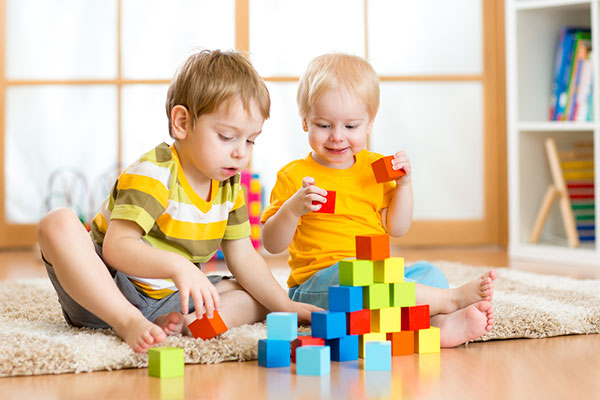
Free play helps kids to discover their own interests, desires and skills. They will know for themselves what do they like to play, or imagine. These details and nuances help every child know themselves better which comes handy when their set goals and ambitions in the future.
Teaches kids to work in groups
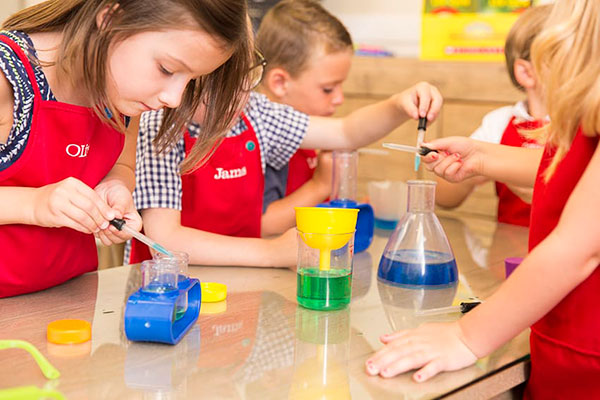
The most important skill that employers look for today is the ability of the candidate to work in groups/teams. Well actually, there is no need for the children to grow up to learn to work in groups. This can be taught to them right from the preschool itself. Free play teaches the kids to cooperate, understand, motivate one another and at the same time pushes them to become competitive.
It allows the children to be happy
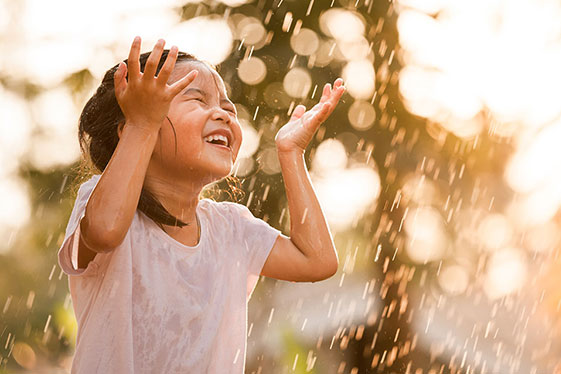
The happy children are those who love to learn and play at the same time. While children spend most part of the day sitting at their desks and learning, the best way to de-stress them is to let them engage in free play and let loose their imaginative strings.
Parents and teachers should however note that free play does not include time with television, smart/iphones, video games, or laptop/computer. Free play should be outdoors and is meant to be completely initiated by children themselves. It should be unstructured and definitely not guided by the imagination or direction of adults.
Also read: 10 Most played sports around the world















Add comment